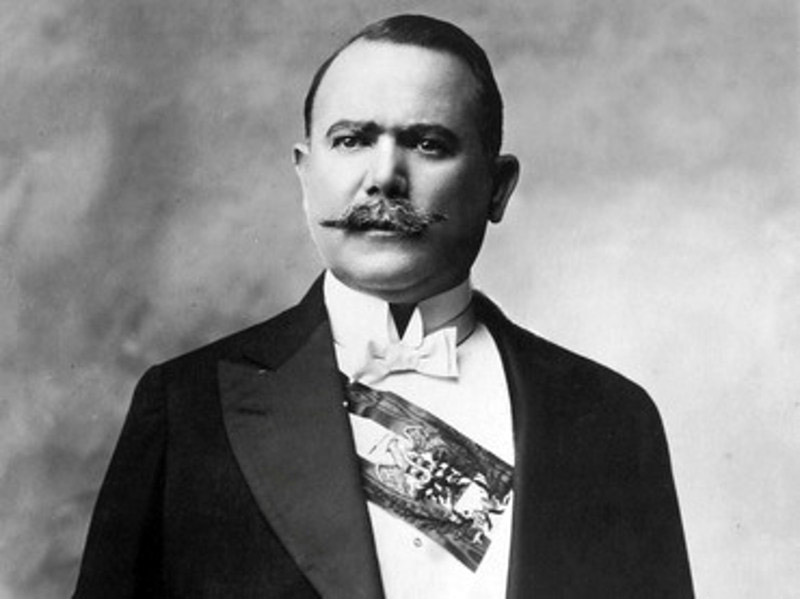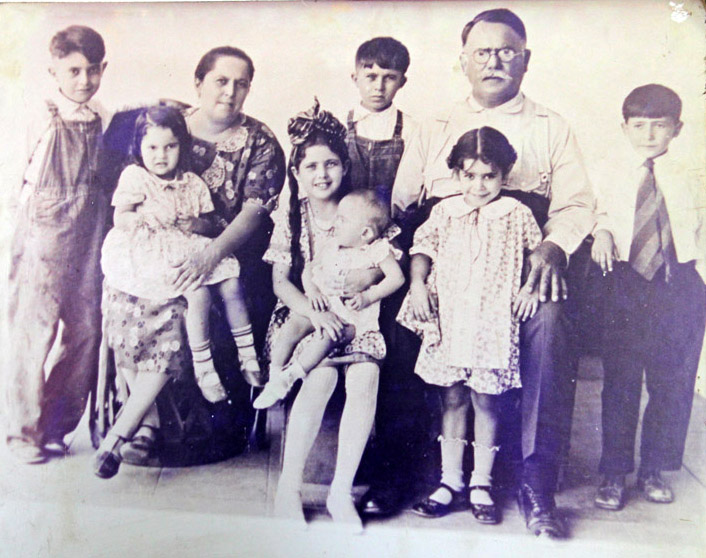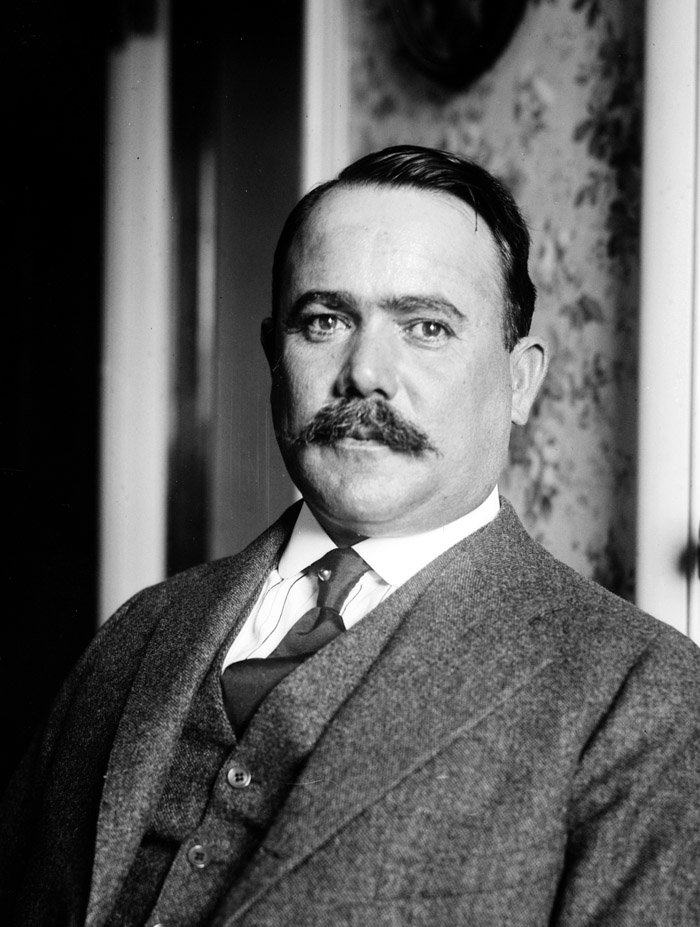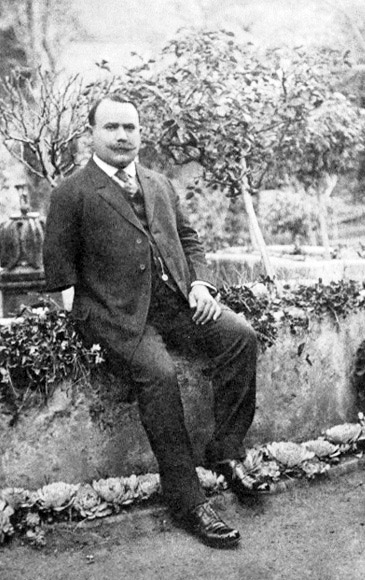A True Sonoran Leader and Hero
One of Sonora’s most esteemed native sons is a man who was a farmer from Southern Sonora who was called to war, where he became a key figure in the Mexican Revolution of 1910 – 1920. He went on to become one of the most influential presidents in Mexican history.
Alvaro Obregon Salido was born on February 19, 1880 in Siquisiva, in the municipality of Navajoa in the state of Sonora, Mexico.
President Obregon was a chickpea farmer whose agricultural work was interrupted by the Mexican Revolution of 1910 – 1920. In 1914 he split with fellow revolutionaries Pancho Villa and Emiliano Zapata to follow Sonora’s position to side with Cohuila Governor Venustiano Carranza, who was the governor of the Mexican state of Coahuila and was also waging a revolution against the Huerta regime.
Carranza appointed Obregon to serve as his minister of war in 1915, but in 1920 General Obregon launched a revolt against Carranza and that same year became the 39th president of Mexico.
The presidency of Alvaro Obregon Salido provided much-needed stability in a country that had been torn apart by a long war, and he is credited with making major national reforms in education, land and labor rights.
President Obregon returned to the battlefield in 1923-24 when his Finance Minister Adolfo de la Huerta launched a rebellion. Obregon quashed the uprising with some assistance from the U.S.
Obregon selected his successor, Interior Minister Plutarco Elias Calles, who was a fellow Sonoran (born in Guaymas) and revolutionary general. President Elias Calles was elected to office in 1924.
And although Don Alvaro Obregon retired to Sonora after he left office, he still held political sway, and after the Mexican Constitution was changed to allow a Mexican president to serve two terms, Obregon was again elected to the presidency of the republic in 1928.
However, before he was to take office Alvaro Obregon was assassinated by José de León Toral, who shot Obregon in the back of the head while showing him a caricature he had drawn.
The assassination was in San Angel, Mexico City on July 17, 1928. General Obregon was buried in Huatabampo, Sonora and left a wife and seven children.
President Obregon’s contributions to the modern-day prosperity of Sonora continue thanks to his wide-sweeping and forward-looking reforms, and he is a revered figure not only in the state of Sonora but in all of Mexico.




